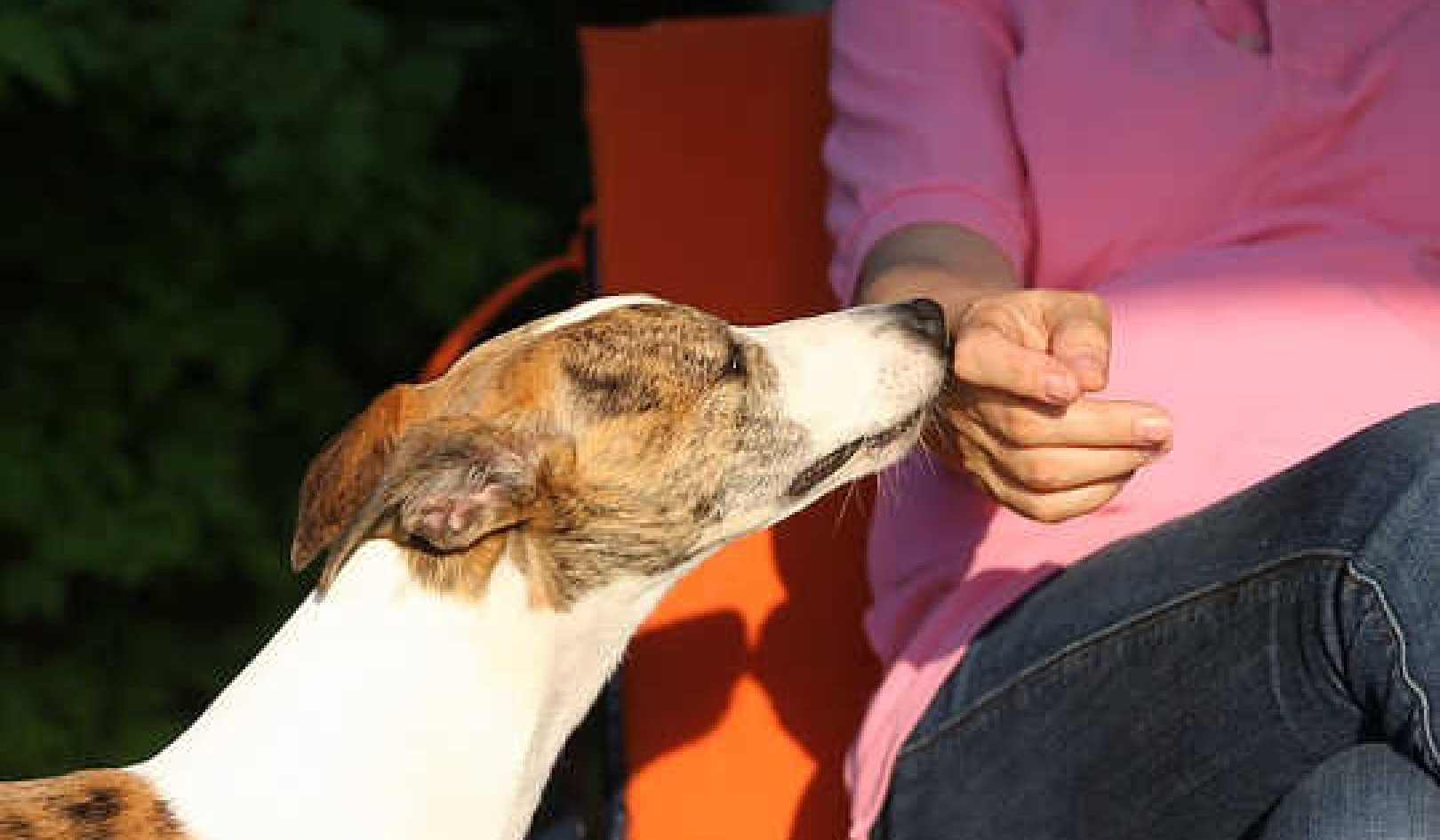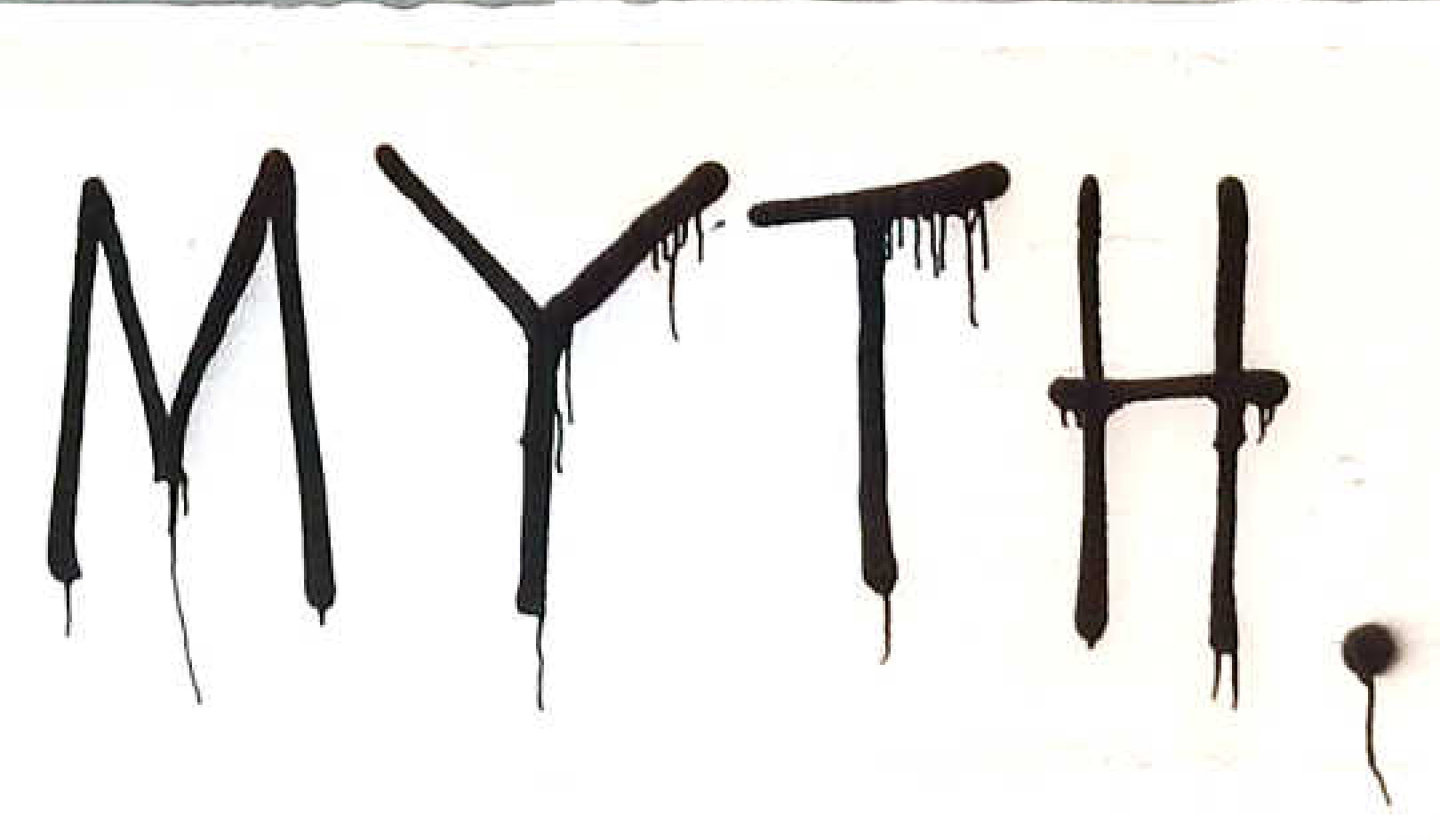 ‘The Wedding Ring Effect’ is the idea that simply by wearing a wedding ring a man is somehow imbued with a host of desirable characteristics. shutterstock
‘The Wedding Ring Effect’ is the idea that simply by wearing a wedding ring a man is somehow imbued with a host of desirable characteristics. shutterstock
Mate copying (sometimes called mate-choice copying) is where an individual is preferred as a future romantic partner simply because they have relationship experience.
Mate copying is a form of non-independent mate selection arising from social learning. Someone gathers mate-relevant information about a potential partner by observing their romantic interactions with someone else. The “copying” part refers to developing a preference for a partner simply because someone of the same gender as yourself has had a preference for them in the past.
The basic idea is that people who have already been in a relationship have been “road-tested”. The logic goes they have proven they have at least some romantically desirable attributes because of their experience. This might seem odd, but there is plenty of good scientific evidence that mate copying exists.
Although the phenomenon applies broadly, we know that it is particularly prevalent among young women.
So, what is the value in mate copying? While it may not be obvious, the phenomenon does hold some utility. For one, mate-seekers (men or women) can readily identify a “good” (or at least passable) mate. In a sense, the person with experience is a “safer bet”.
Another advantage is that this information is cheap. Rather than going through a costly trial-and-error process to identify a suitable romantic partner (expending time and money on dates), the mate copier gets similar information from observing others.
A man holding hands with and embracing a woman is presumably considered by her to be at least an adequate relationship partner. The guy in the corner of the room alone staring at his iPhone may or may not be.
“The Wedding Ring Effect”, as it is sometimes called by the popular media, is the idea that simply by wearing a wedding ring a man is somehow imbued with a host of desirable characteristics.
With an understanding of how and why mate copying works, this may seem like an entirely logical extension. It is, however, an egregious misconception.
Seminal studies and a multitude of subsequent empirical work have thoroughly established that mate copying exists among non-humans, and there is a bunch of converging evidence suggesting that the phenomenon occurs among humans. However, having a heightened preference for someone that has been romantically “pre-approved” is very different from chasing someone who is married.
Studies have shown that romantically unavailable men are considered to be both more attractive, and more desirable as long-term mates. But there are also solid reasons not to pursue (or even desire) a married man.
For one, married men are probably going to be harder to romantically “obtain” than someone who is single. A married man is going to at least be reluctant to violate marital commitments, and prying him from his partner is likely going to be met with strong resistance.
Additionally, there are all sorts of social proscriptions against pursuing a married man. Doing so may well result in social derogation and/or exclusion.
In one of the most realistic studies of mate copying, Swedish researchers had women engage in real-life interactions with men who were wearing a wedding ring and men who weren’t. After the women had met and talked with each man (separately), each woman was asked a series of questions about the men she had just met. For example, she was asked her first impression of each man, their attractiveness and so on.
There were no major differences between the two men in terms of how they were perceived by the women, but the men without wedding rings were on average considered more attractive, both physically and generally.
Women suggested that they would rather have dinner with, have sex with, start a relationship with, and invite home the men not wearing a wedding ring. This may not come as much of a surprise, but it does suggest that while being in a relationship may make a man appealing in some sense, being married doesn’t.
Following on from this idea, research conducted in the US found that female participants evaluating a photo of a man found him to be slightly more romantically attractive and generally likeable if he was romantically available than if he was living with a romantic partner.
The much more important variable here was whether or not he had a history of commitment. Men who had previously been in relationships for three years were considered far more romantically attractive and generally likeable than men whose longest relationship had lasted only a few months.
Some research I conducted recently found a curious pattern of results. Namely, men with relationship experience were considered more desirable than those without experience if the men were described only (no visual representation). As soon as they were pictured alongside a partner, this effect completely reversed.
Taken together, these studies suggest that the idea of a man in a relationship is appealing in theory – but when it becomes a reality the appeal vanishes, or is at least mitigated.![]()
About The Author
Ryan Anderson, PhD Candidate, School of Arts and Social Sciences, James Cook University
This article is republished from The Conversation under a Creative Commons license. Read the original article.
Books on Couples from Amazon's Best Sellers list
"The Seven Principles for Making Marriage Work: A Practical Guide from the Country's Foremost Relationship Expert"
by John Gottman and Nan Silver
This best-selling book offers practical advice and strategies for building and maintaining a strong and healthy marriage. Drawing on decades of research, the author outlines seven key principles for creating a successful partnership, including improving communication, managing conflict, and fostering intimacy.
Click for more info or to order
"Hold Me Tight: Seven Conversations for a Lifetime of Love"
by Sue Johnson
This book provides a step-by-step guide to improving communication and strengthening emotional bonds in romantic relationships. Drawing on the principles of attachment theory, the author offers practical advice and exercises for couples looking to deepen their connection and build a more fulfilling relationship.
Click for more info or to order
"The Love Dare"
by Alex Kendrick and Stephen Kendrick
This popular book offers a 40-day challenge to help couples strengthen their relationship and grow closer to each other. Each day presents a new "dare," such as expressing gratitude or practicing forgiveness, designed to deepen the connection between partners.
Click for more info or to order
"Men Are from Mars, Women Are from Venus: The Classic Guide to Understanding the Opposite Sex"
by John Gray
This classic book offers a humorous and insightful look at the differences between men and women in relationships. The author offers practical advice for bridging the gap and improving communication between partners.
Click for more info or to order
"The Relationship Cure: A 5 Step Guide to Strengthening Your Marriage, Family, and Friendships"
by John Gottman
This book provides a research-based approach to improving relationships of all kinds, including romantic partnerships. The author outlines five key steps for creating stronger and more fulfilling connections with others, drawing on his extensive experience as a couples therapist and researcher.


























